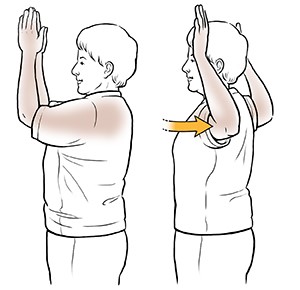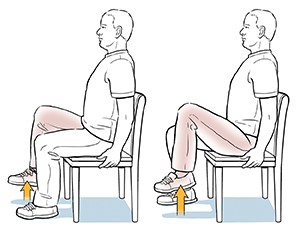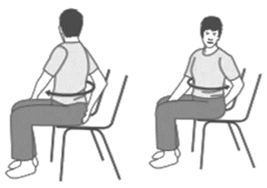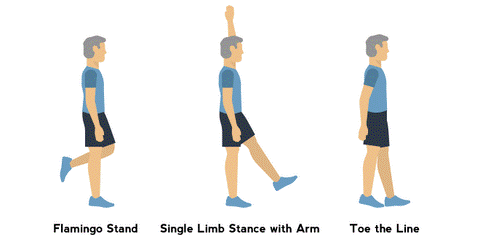





Inhouse Medicare is the most trusted and leading provider of home healthcare services to people of all ages in Coimbatore. We provide timely, high-quality medical care as well as diagnostic services right at your front door.
Doctor Consultation | Skilled Nursing Facilities | Nursing services | Trained Attendant Services | Elder Care Services | Palliative Care Services | End of Life Care | Hospice Care | Stroke Rehabilitation Care | Physiotherapy Services | Laboratory Services | Pharmacy Services | New Born Care | Elder Assistant Services | Geriatric Care Services | Rental Services |
Inhouse Medicare
123, Kalidas Road, Ram Nagar, Coimbatore, Tamil Nadu, India, 641009.